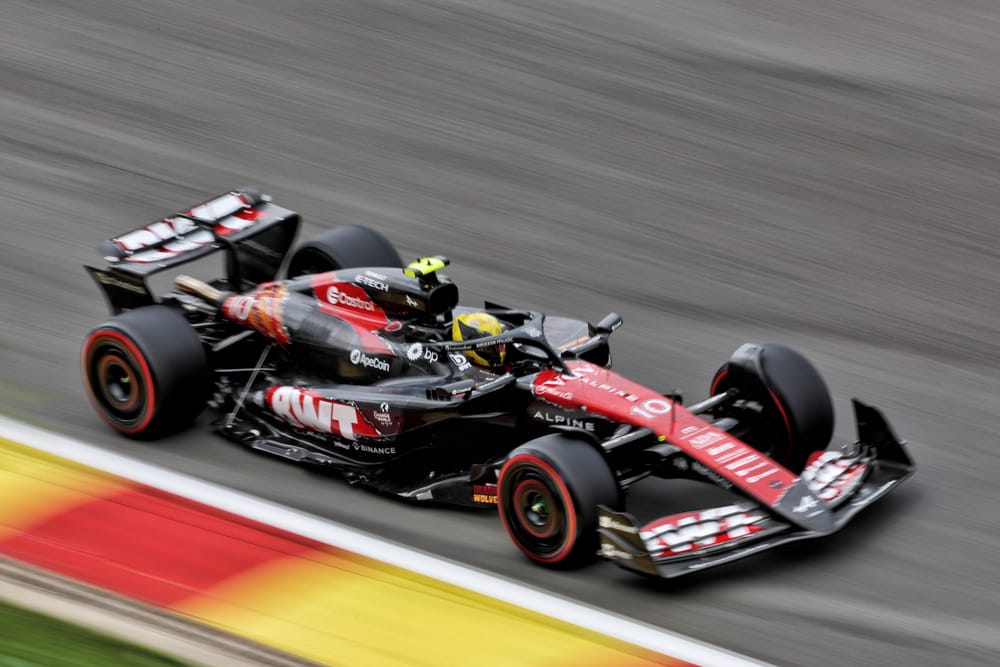Up Next

With Renault officially confirming it's closing its Formula 1 engine programme, is the sale of the Alpine team a step closer? Despite all the denials around the idea, Edd Straw and Scott Mitchell-Malm are convinced that's the long-game idea - as they explained in this column in July.
The Alpine Formula 1 team is not for sale. The team states that explicitly when asked, Renault Group CEO Luca De Meo has said it, the staff at its Enstone base were promised that recently and doubtless any potential buyer will be told it’s not available. Yet every move that is being made points in that direction, making it difficult to escape the conclusion that this is the likely endgame.
That doesn’t mean this will play out immediately, or that there is about to be a price tag hanging on the sign at the front of Alpine's UK base. Firstly, given the F1 team ownership business is a seller's market there’s no reason to project the image of a motivated seller and Renault would want to maximise the yield from selling.
Secondly it could take another 18 months or more to play out as the plan for a leaner version of the team – a Mercedes customer rather than a fully-integrated works team – could conceivably ace the new regulations in 2026 and be a contender. But that feels more like a hit-and-hope, with the vastly more probable trajectory leading to a sale.
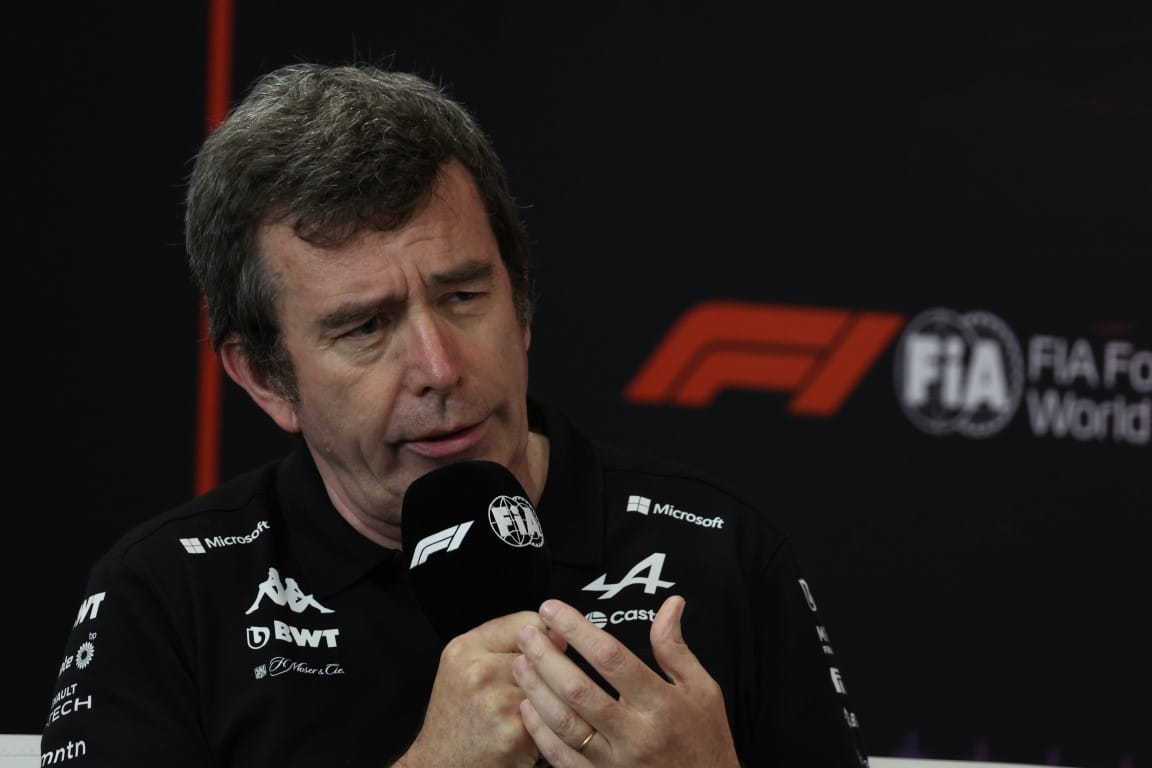
The last revelation is the one that Bruno Famin will leave his role as Alpine F1 team principal “by the end of August”. He will ‘retreat’ to oversee the situation at Alpine’s motorsport base at Viry-Chatillon, just outside Paris, as that is redirected to other projects.
Here are the key steps that match exactly the playbook you would follow if a sale down the line was a very likely option.
1 BRINGING IN BRIATORE
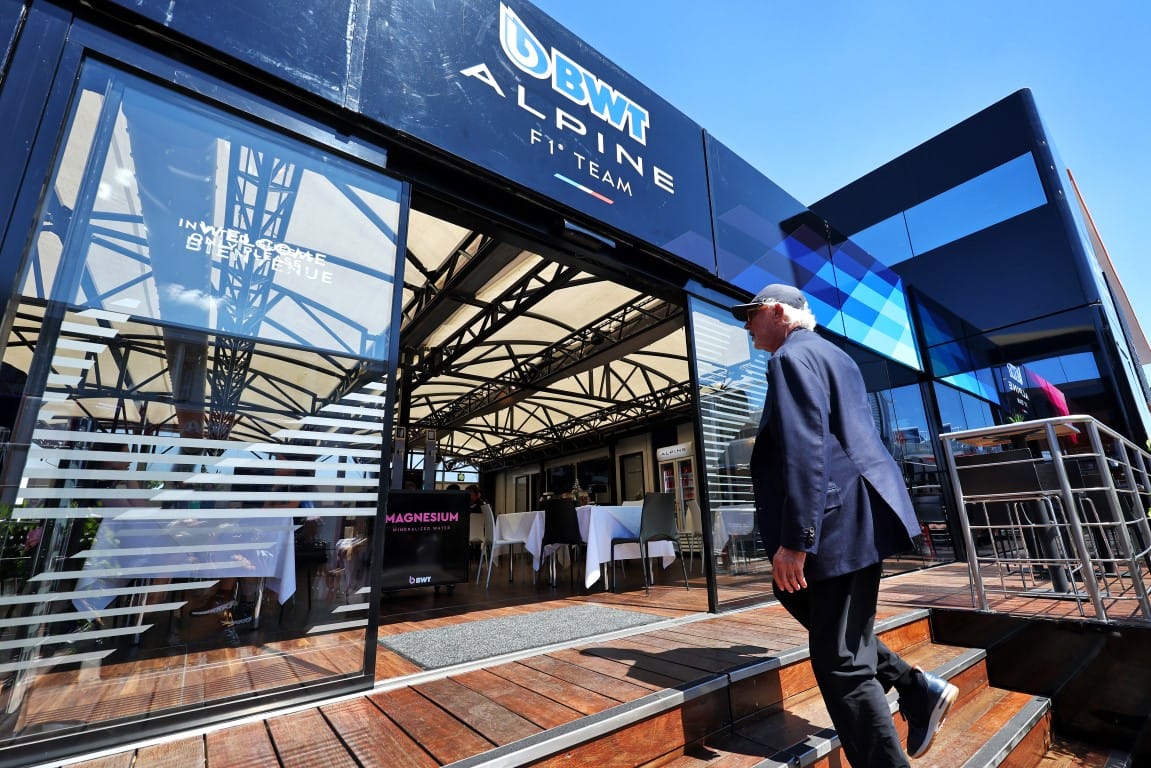
Flavio Briatore’s return as de facto team boss – officially ‘executive advisor’ – was announced last month. That was a controversial move, one that further damaged the credibility of a team that was hardly in surplus on that score.
Flavio Briatore is a deal-maker extraordinaire, perhaps - other than Bernie Ecclestone - the greatest ever to have operated in the F1 arena. Were you to want to realise the maximum value of an asset that has appreciated significantly over the years even as it has underachieved, he is the perfect man for the job.
Briatore’s control of the team is consolidated by Famin’s imminent departure. Realistically, Briatore's arrival immediately undermined the position of Famin, who put a positive spin on it publicly by saying “we are going to work and to talk permanently together”. This was a clear change in direction, and one instigated by Renault CEO Luca de Meo.
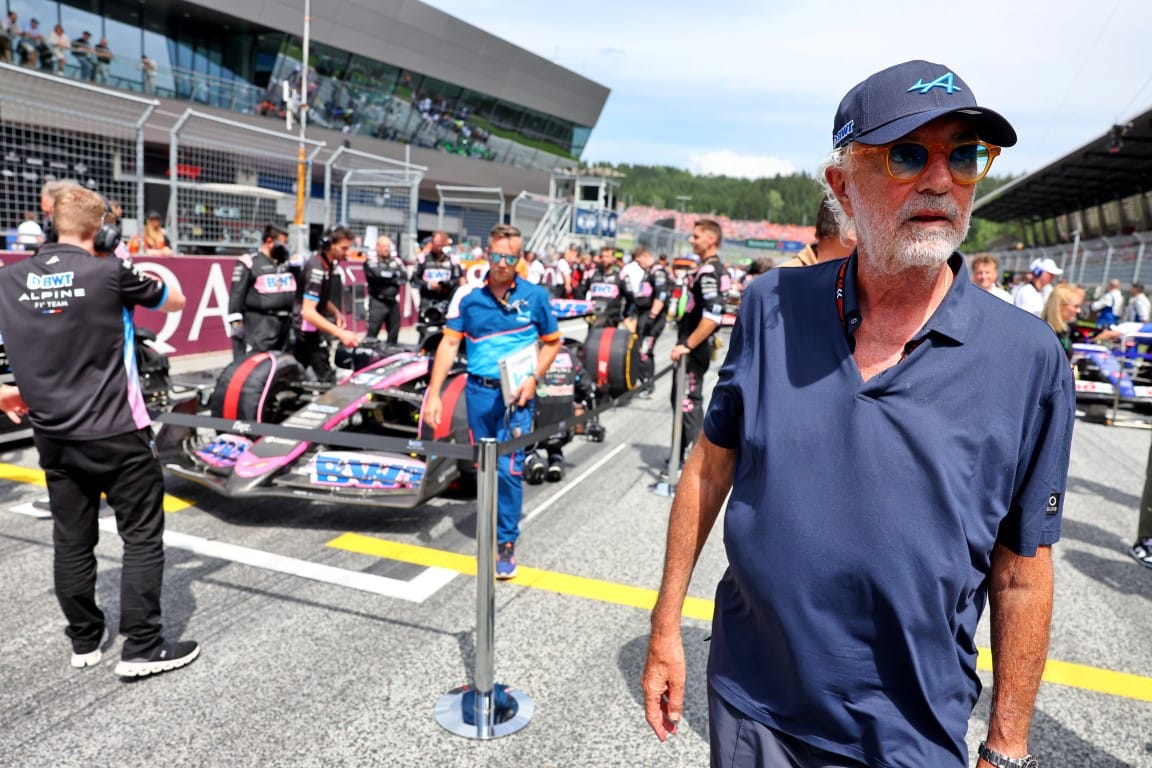
Famin has unwittingly become a totem of the team’s chaos, even though he hasn’t created it – save perhaps for his emotional initial handling of the clash between Esteban Ocon and Pierre Gasly at Monaco.
Time and again, he’s had to be the public face of negative stories for Alpine. Twelve months ago, he was dealt the difficult hand of having to explain the management changes weren’t of his making and he tried to be honest. At Spa again today, it was Famin who fronted up to explain what he kept calling “the project” – the plan to shut down Alpine’s engine programme.
It was hard not to feel some sympathy, not least because of the sense of deja vu from last year when he fought the fire started by the mid-event announcement that he would replace Otmar Szafnauer as team principal. That was on an interim basis, before becoming, for seven or eight months at least, a full-time gig for 2024.
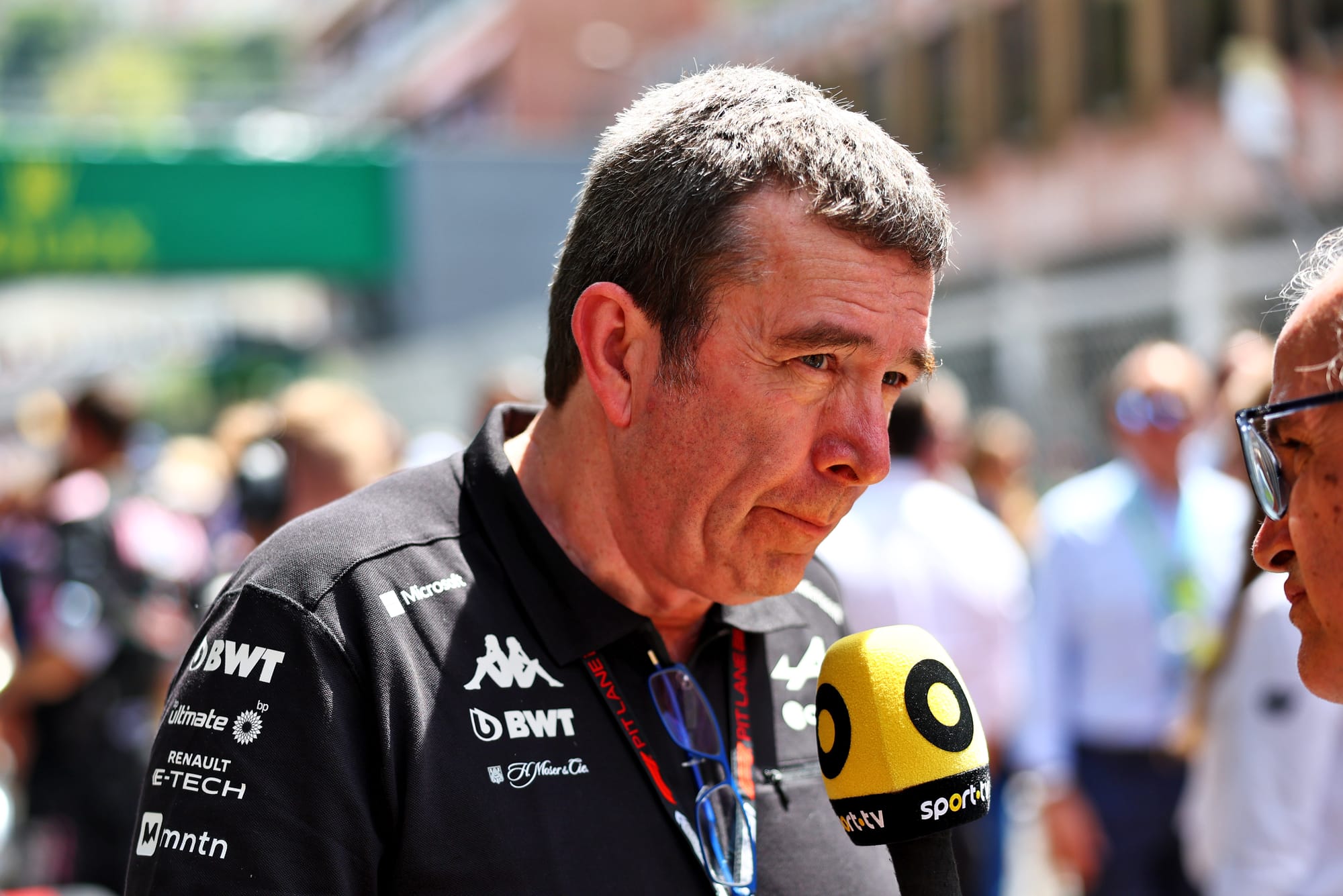
Famin is said to be loyal to the employees at Viry, who now face great uncertainty and even if they do find other jobs in the company on new projects the disappointment of being taken out of F1 will be palpable. Famin, it is said, feels that himself and rather than just walking away he’s signalled he will fight their corner.
There’s honour in him relocating to Viry full-time to assist with that. It is in keeping with what some at Alpine say is Famin’s character - decent, industrious, honest and popular. It's just that he, like 12 months ago, has again become a stooge for the company’s wider disarray. His legacy will not be impressive on paper: 12 months, a decline in team performance, and the end of the works engine programme.
But this is not his legacy - it’s that of de Meo and now Briatore.
2 VIRY F1 PROJECT CLOSURE
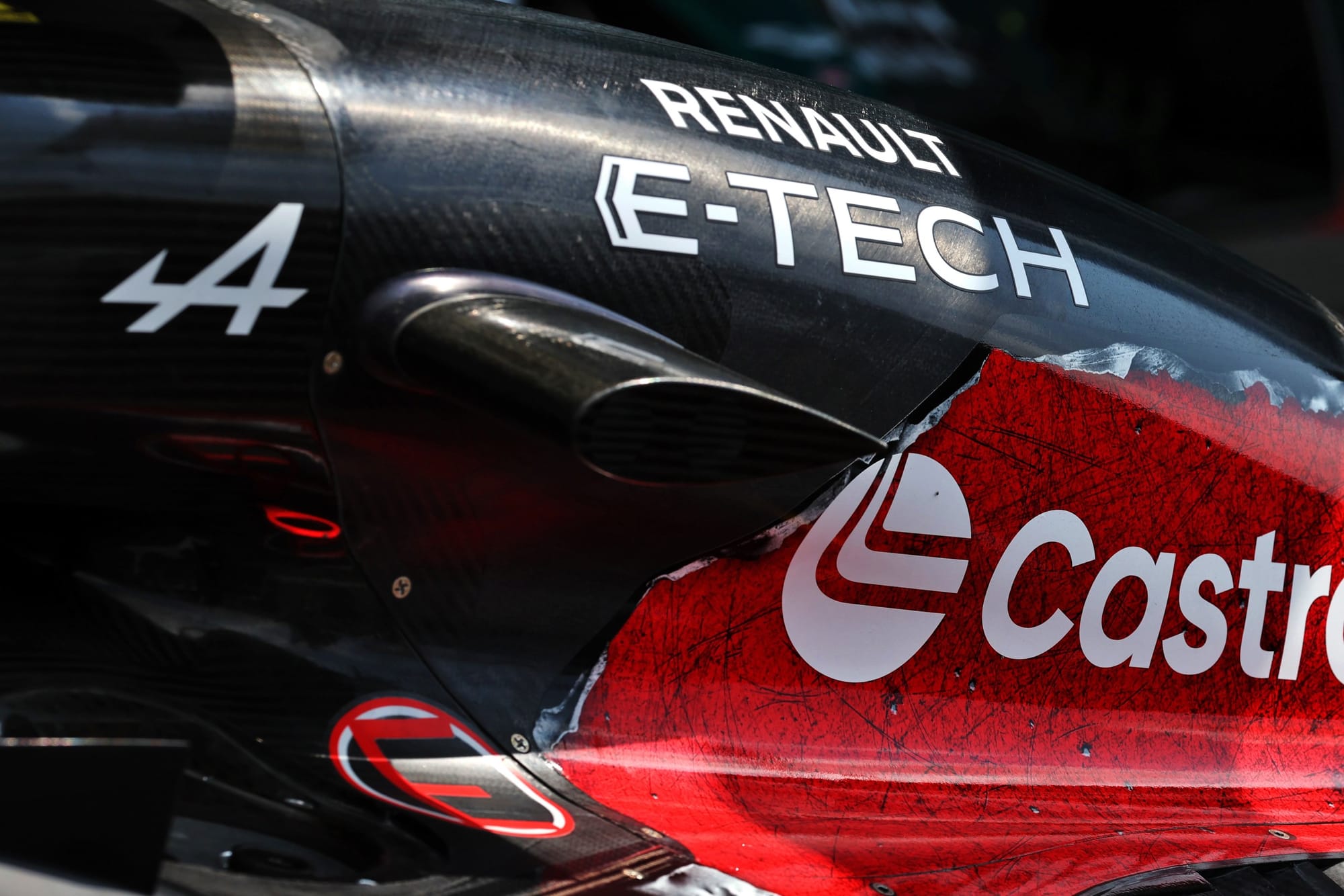
Alpine has not yet definitely confirmed it is will ditch its in-house F1 project and complete a Mercedes deal, but this is set to happen. And it’s an unprecedented move for a manufacturer team to make such a move by design without circumstances forcing its hand.
Famin pointed to Renault’s stop-start F1 involvement, selling its works team at the end of 2009, continuing as an engine supplier then buying back Enstone six years after offloading it, as one of the reasons for the integration between the two sides not working as hoped.
“The history of this team is quite complex, everybody knows it more or less,” said Famin when The Race asked about this failure to integrate the two sides to the level needed to succeed in F1.
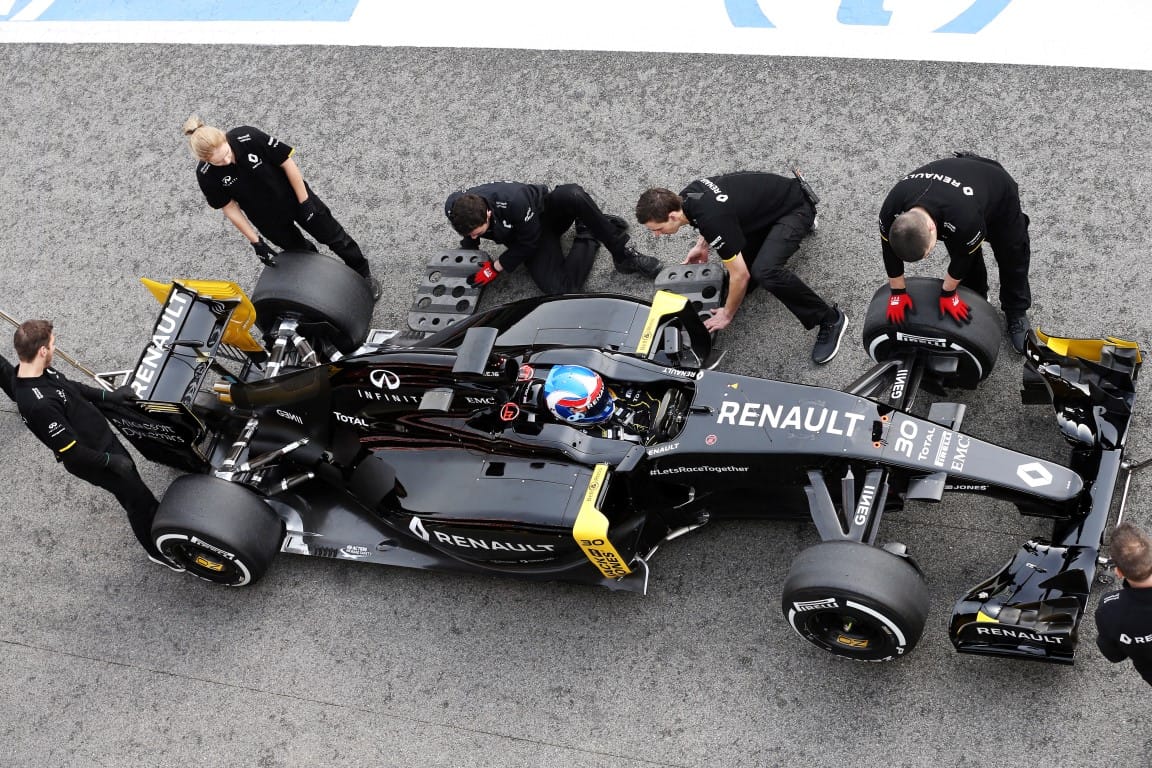
“It’s up and downs, stop and go and I think it's very difficult to try to build something like that. During the last year I think we made quite a lot of good progress trying to make this advantage, because I think it was an advantage to be able to do both, to make it working.
“The reason is very complex and is located in the complex history of the team. It has nothing to do with the project that has been presented to Viry, I think it's really a project there to give even more chance for the Alpine brand to develop itself and to use the incredible skills we have in Viry.
"I have no doubt that if this project is confirmed, Enstone will work well with any other PU manufacturer.”
Renault is voluntarily relinquishing an advantage that any F1 team craves. In doing so, that clearly reduces its performance ceiling – but it does make it a far more straightforward proposition if you are looking for a buyer down the line.
3 ALPINE’S PRIORITIES ELSEWHERE
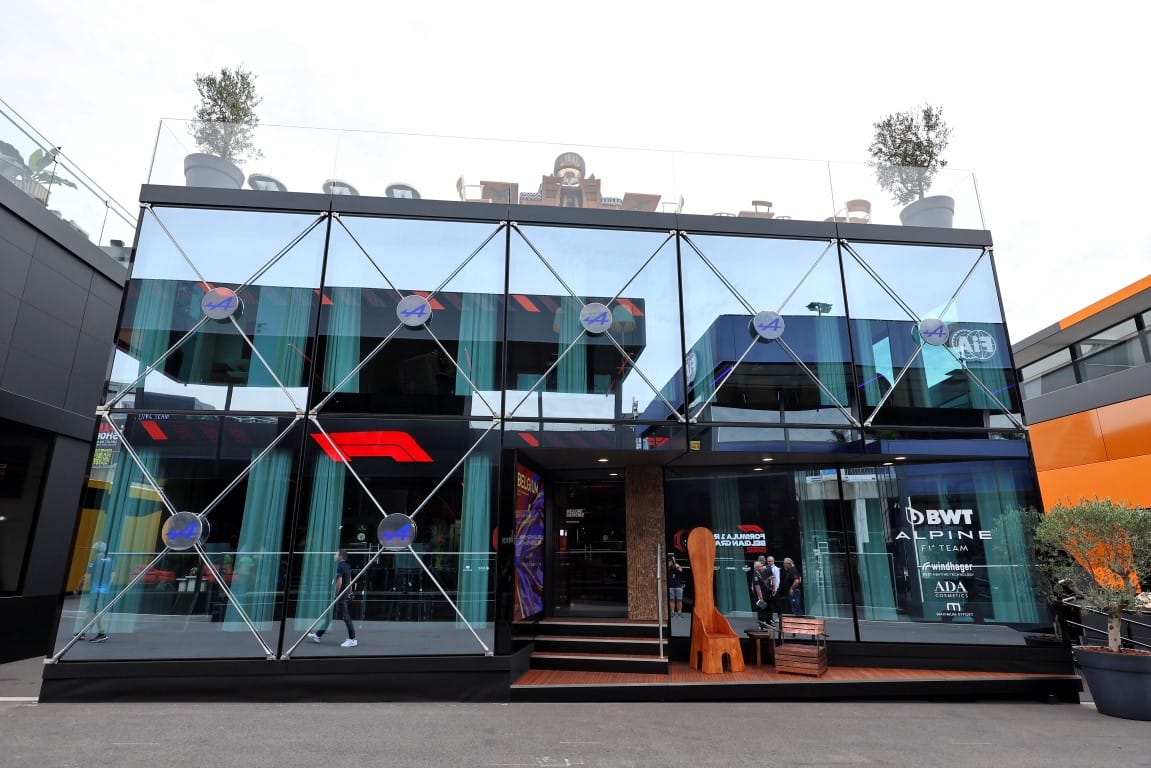
What was striking about Famin’s explanation was that he emphatically stated that resources were being diverted away from Alpine F1 to other aspects of the company’s development. That means other racing projects, as well as electric and hydrogen-powered road car technology as part of Alpine’s expansion.
F1 is a famously tough environment and absolute commitment is a prerequisite, but not a guarantee, of success. While McLaren is thriving right now as a Mercedes customer, it had no choice in the matter as there wasn’t an appropriate factory partner to work with. Making the decision yourself to downgrade to a customer team is a completely different situation and it suggests Group Renault isn’t that bothered about winning the ultimate prize in F1 again.
Famin describes the potential advantage of being a fully-integrated works team as “quite theoretical” – a shift from the team’s historic argument (and a belief shared by every other team on the grid) that there are clear benefits to being one of F1’s few true factory operations.
The logical question, put to Famin by The Race, is whether the combination of sacrificing an advantage and the desire to channel Viry’s resources into other areas of Alpine Cars is a move towards selling.
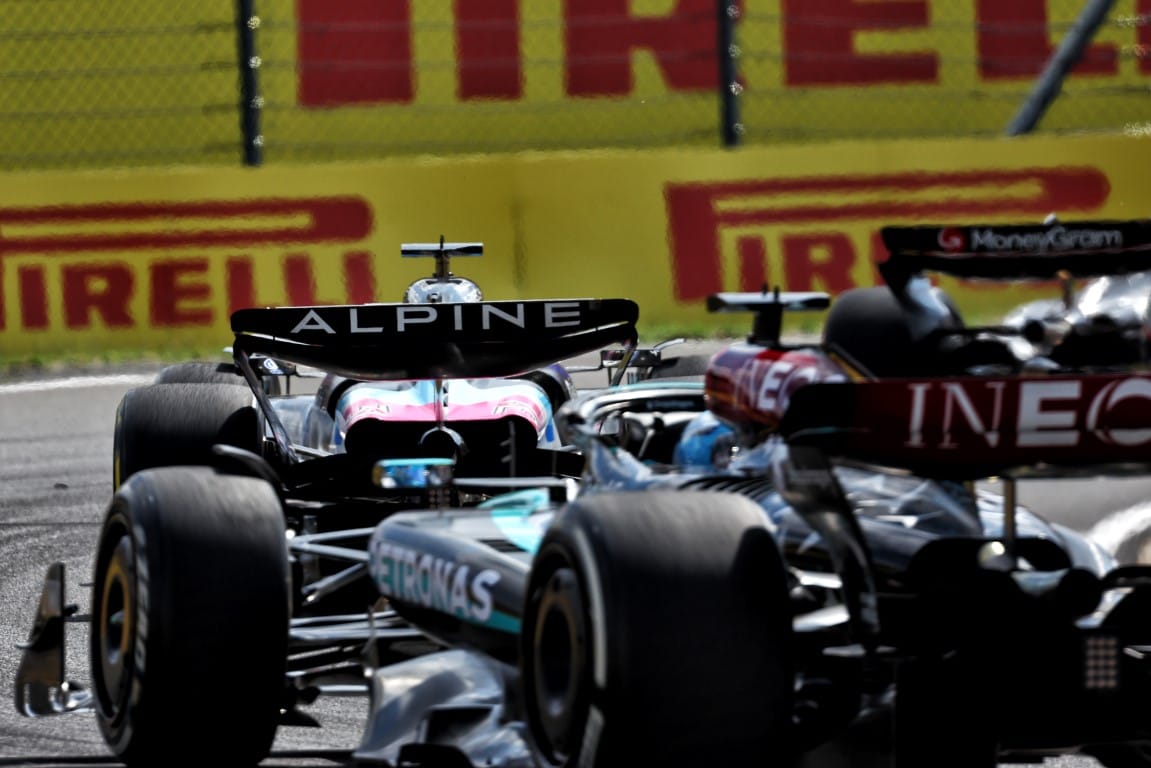
“Now all the PU manufacturers are very close, all the integrations are incredibly optimised," he insisted. "If we take Ferrari or Mercedes engines, I’m quite convinced that all the integration, all the packaging will be very good."
“To answer the question, no - the Formula 1 project remains a key project for the Alpine brand. It's thanks to Formula 1 that we want to develop the brand awareness globally, that remains. But the project is just reallocating the resources to develop the brand better. It's always based on the pillar of motorsport, mainly on Formula 1 to develop the awareness.”
Aside from one fortuitous, but well-taken, win at the Hungaroring in 2021, the Alpine F1 team has generally only served to develop awareness of its ineffectiveness.
4 TEAM VALUE
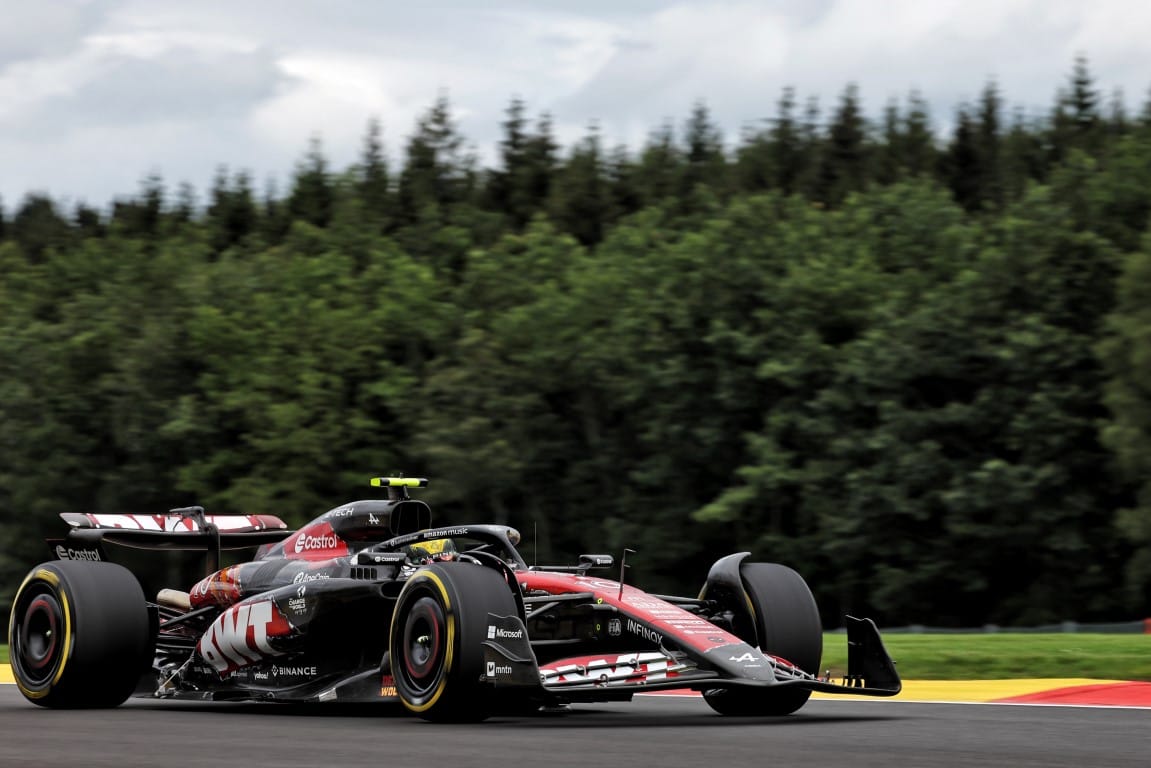
Alpine F1 may have underachieved, but it’s still enormously valuable. Forbes last year valued it at $1.4billion and while that’s a notional value the demand for F1 teams means that, if anything, it might be worth more than that.
Alpine has already divested itself of 24% of the team to an investment consortium (one understood not to be too thrilled with what's gone on since it bought into the team) and that means using the Forbes valuation it still has around $1billion worth of assets there.
If Alpine and Renault Group really would like to divert spending elsewhere then selling off an underachieving yet valuable asset would seem logical.
If you can’t win with your F1 team and are taking active steps to reduce the chances of doing so – and the Mercedes switch might be a pragmatic move that will increase the chances of decent results while reducing the prospects of conquering F1 – then surely the next logical step is to sell it?
5 POTENTIAL BUYERS
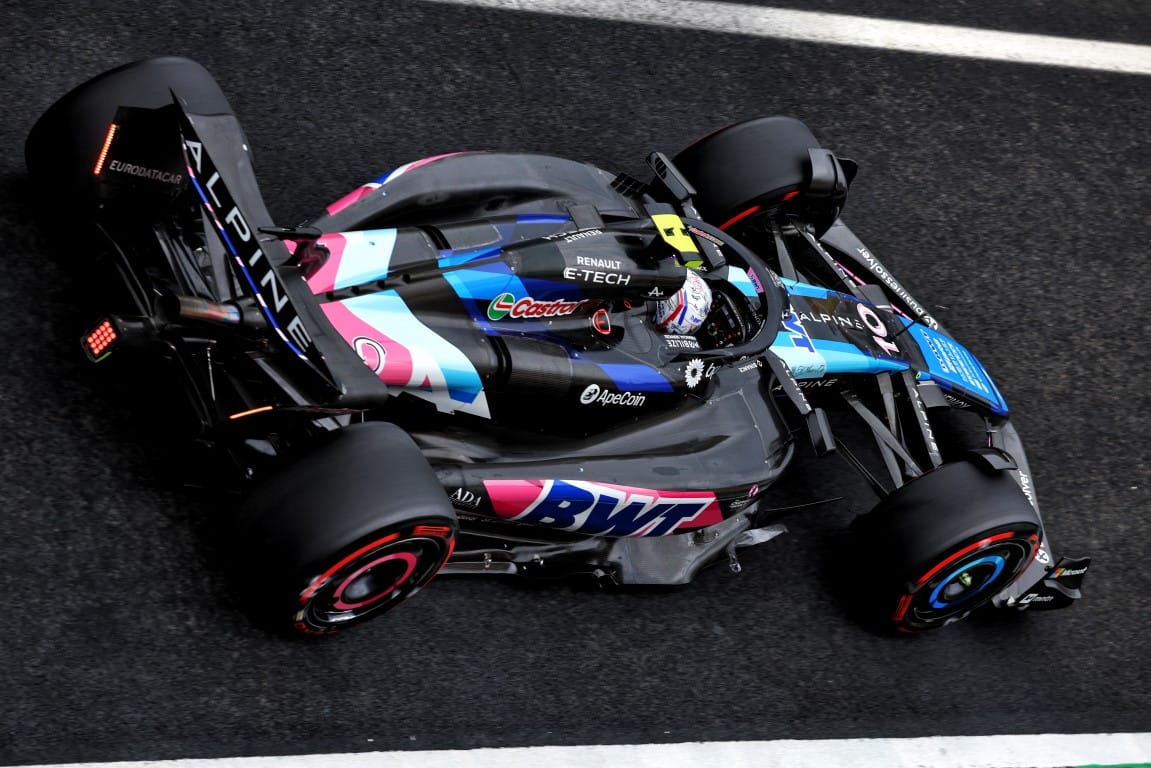
F1’s rise in recent years means there are plenty of interested parties circling and expressing interest in buying stakes in teams. Some of them even have the means to pull it off.
While Andretti might seem the obvious candidate, there’s little interest on its part in acquiring what it sees as an unsuccessful team. But there are plenty of others around and this cut-back team paired with signed-and-sealed Mercedes deal could be more appealing than one that needs disentangling from Viry.
The expectation is that Hitech Grand Prix director Oliver Oakes will become the new team principal. Hitech, of which Dmitry Mazepin’s Uralkali was a partner before divesting in 2022, was one of the unsuccessful applicants for the FIA entry process that led to Andretti being granted an entry - which was subsequently blocked by F1 itself. The backers of the mooted Hitech F1 project could potentially therefore be interested.
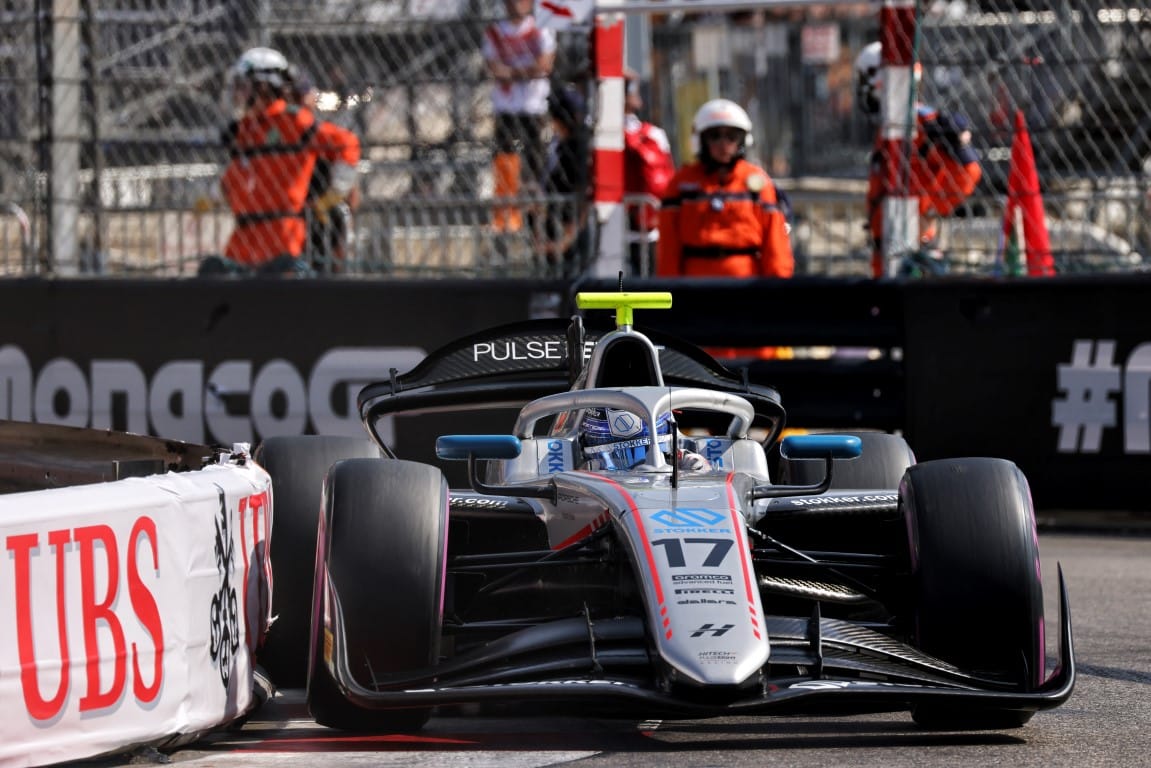
But there will be plenty of other interested parties. And with the great deal-maker Briatore at the helm, a simplified team structure, a Mercedes deal and the chance over the next couple of years to return to respectability in terms of results, this is a team that’s evolving in a way that would make it very appealing.
It could be that Renault’s strategy genuinely is motivated by a desire to get to the top of F1 and keep hold of the team indefinitely. If that’s the case, it’s going about it in a baffling way that just happens to have all the hallmarks of being about a sale.
Alpine and Renault say not and there’s nothing tangible proving they're not being forthright. But as the saying goes, if it walks like a duck and quacks like a duck…


